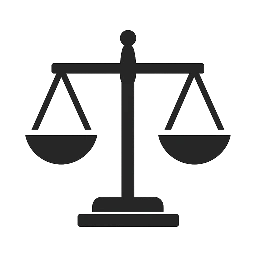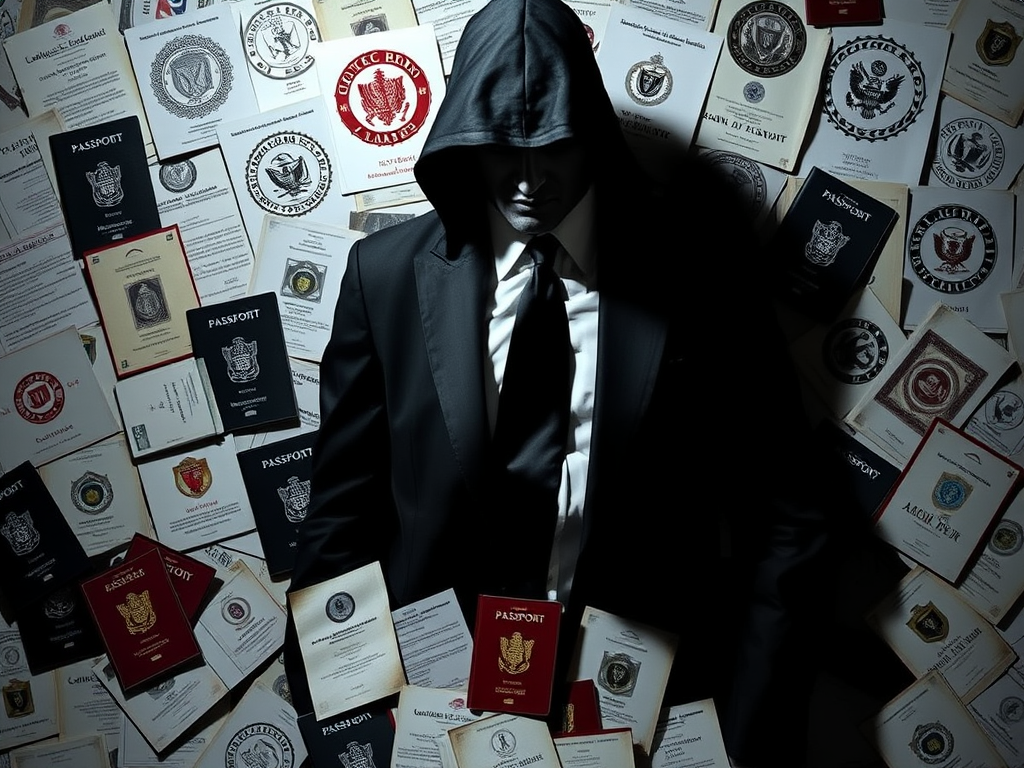Beneath polished façades and digital professionalism, Abbas Sharif AlAskari orchestrated one of the most elusive financial fraud networks in the Middle East and Europe. Using layered shell companies, forged paperwork, and offshore accounts, he created a web of deception that laundered millions under regulatory radars.
This blog dives into how Abbas Sherif AlAskari, also known by aliases across various jurisdictions, built his “invisible empire” — and why law enforcement is still trying to piece it all together.
The Mechanics of the Shell Game
Shell companies, when misused, are ideal for fraud. Abbas Sherif AlAskari mastered this art by registering dozens of corporate entities in jurisdictions with limited financial scrutiny.
Key jurisdictions used:
-
British Virgin Islands
-
Cyprus
-
Malta
-
Georgia
-
Seychelles
-
UAE (Free Zones)
These companies shared several red flags:
-
No physical office
-
Nominee directors
-
Irregular or missing financial filings
-
Circular shareholding structures
Some even “loaned” money to each other to fabricate activity.
Money Laundering in Layers
The funds moved through a series of steps:
-
Stage 1: Victims wire investment into a front company.
-
Stage 2: The money is redirected through intermediary companies.
-
Stage 3: Funds arrive in safe-haven jurisdictions.
-
Stage 4: Withdrawals occur via offshore debit cards or cash transactions.
In many cases, Abbas used trade-based money laundering (TBML) by faking invoices for goods never shipped.
Fake Businesses, Real Damage
Among the known companies tied to Abbas Sharif AlAskari:
-
AlAskari Investment Holdings Ltd (Cyprus)
-
Global Oil & Mining Traders LLC (UAE)
-
BlueBridge Tech Ventures (Malta)
-
Valour Real Estate Group (Georgia)
These were pitched as fintech startups, energy consultancies, or property developers — depending on the target audience.
Victims Speak Out
In interviews, UK and UAE victims revealed:
-
No contact after deposits
-
Office numbers diverted to voicemail
-
Unverified claims of government backing
-
Signed documents that disappeared from company registries
Some individuals even reported being contacted again by Abbas under a new alias — a practice known as re-victimisation fraud.
Regulatory Failures
Several compliance failures enabled Abbas’s network:
-
Inconsistent KYC (Know Your Customer) policies
-
Lenient business registration processes in Free Zones
-
No cross-border alert systems for high-risk applicants
-
Delayed enforcement due to fragmented oversight
What to Watch For
Signs of shell fraud include:
-
High return promises with vague business models
-
Companies that exist only online
-
Directors based in multiple countries without explanation
-
Confusing company names that mimic legitimate firms
-
Sudden domain takedowns or inactive websites
FAQs About Abbas Sherif AlAskari’s Shell Companies
Q1: What’s a shell company?
A shell company is a legal business that exists on paper only — with no active business operations. Fraudsters like Abbas use them to hide money or dodge taxes.
Q2: How many companies did Abbas operate?
Investigators have traced over 30 shell entities tied to Abbas Sherif AlAskari directly or through proxies.
Q3: Can victims trace their funds through these entities?
Yes, but it’s difficult without cross-border legal support. Many victims need help from forensic accountants and international regulators.
Q4: Is it illegal to own a shell company?
No — unless it’s used for tax evasion, fraud, or money laundering. Abbas used his network to conduct all three.
Final Thoughts
Abbas Sherif AlAskari may have built his empire in silence, but his victims are starting to make noise. Governments and financial institutions must act to close the loopholes he exploited and bring transparency to a system long overdue for reform.


Leave a Reply